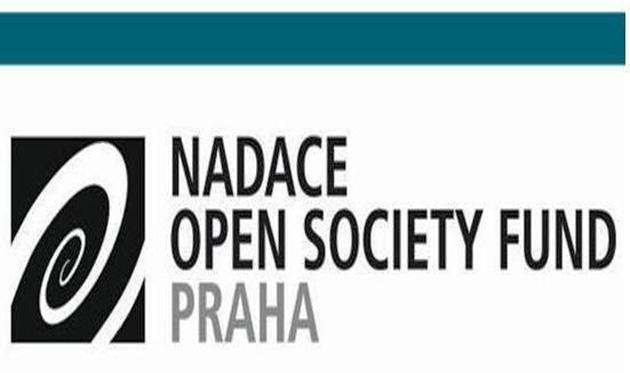Czech study shows most non-Romani parents seek schools with few or no Romani pupils

Children from socially excluded areas who do not receive adequate support during preschool age are more at risk of school failure than their non-excluded peers. That is the finding of a study focused on the inclusion of preschool-aged Romani children presented on 5 November by the Open Society Fund Prague.
Children who attend a regular nursery school instead of "preparatory classes" are much more successful in their later education, according to the report. The Institute for Research and Development of Education of the Faculty of Education at Charles University was commissioned to produce the study.
The report ascertained that the positive effect of nursery schools is more significant that the influence of so-called "preparatory classes". Such classes were reserved just for socially disadvantaged children until September of this year.
Children from socially excluded areas, especially where Romani people live, frequently never know any other environment when they are young, according to the authors of the report. "Without the necessary support, such children begin their school attendance with different experiences, knowledge and skills than their peers from the majority society. The differences are apparent in almost all areas," the authors say.
Not enough money for preschool education
One author, David Greger, recalled other expert findings which have revealed that the money invested into the preschool education of the socially disadvantaged yields the greatest return on investment compared to similar financial investments into other levels of schooling. The Czech Republic is investing less into preschool education than either Poland or Slovakia when figures are adjusted to take into account disparities in purchasing power between the countries.
Moreover, there is a rather big difference between the investments into nursery schools and investments into secondary schools, with preschool facilities getting the short end of the stick. Petr Bannert of the Czech Education Ministry explained that secondary schools cost more because their educators and professional instruction cost more.
Bannert said he believes that difference should be reduced in the future by planned changes to the financing of schools that are established by Regional Authorities. To have the best effect, children should attend preschool for longer than the planned compulsory final year before the beginning of primary school, and according to the data from the research, that attendance has a strong influence on the pupils’ capabilities.
"For example, 59 % of Romani children in nursery schools at the age of five are able to recognize 10 letters. Of those who do not attend preschool, just 37 % are able to recognize that many letters," the study reports.
Similar differences exist among different groups of Romani children in other educational areas as well. Such differences do not exist among those children from the majority population who attend nursery school and those who do not.
Only 28 % of Romani children attend nursery school in the Czech Republic
In the age category between three and six, roughly two-thirds of majority-society children attend nursery school in the Czech Republic, but only 28 % of young Romani children do. The reason, according to the study, is a lack of capacity at nursery schools and their poor accessibility, primarily for families from remote rural areas.
Another argument is that of economic reasons, as meals and tuition for preschools usually cost hundreds of crowns per month. If nursery school were free of charge including meals, basically many more Romani parents would enroll their children.
Segregation
The study focused on the situation of Romani children up to the age of eight, reviewing in detail the beginning of their primary school attendance. It incorporates, among other things, the results of a previous study by Ivan Gabal Analysis and Consulting (GAC).
According to that study, just 30 % of Romani boys and 50 % of Romani girls who were originally registered into mainstream primary schools completed their studies together with that same first-grade cohort. Romani children, in comparison with majority-society children, were also 10 times more likely to be enrolled into a non-mainstream primary school or class.
The key driving force behind segregated education, according the study, appears to be parental choice. "The vast majority of non-Romani parents seek a school with few or no Romani pupils. When the number of Romani pupils increases, non-Romani parents prefer to remove their children from that school," the authors said.
Bannert, who is the director of the ministry’s Education Department, said that segregation of primary schools is determined to a certain degree by school location. Karel Čada, another author of the study, pointed out that currently in the case of nursery schools, Romani children are mostly attend facilities together with all other children, but warned that this could be because there are not many such facilities available.
That could change after the introduction of a compulsory final year of nursery school. "Once more Romani children attend nursery schools, it can be presumed that a similar effect will occur as in the primary schools," he said.
Both nursery schools and primary schools, according to the study, should be more frequently employing trained Romani mediators, teachers and teaching assistants. "Courses on the theory and practice of inclusive education at preschools and primary schools should be a compulsory part of the curriculum at all levels of teaching colleges," says Robert Basch, director of Open Society Fund Prague.